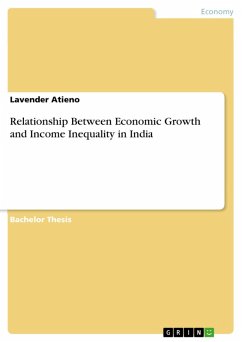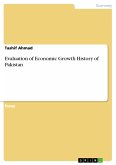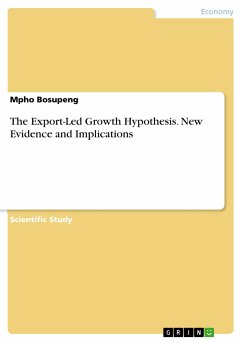Bachelor Thesis from the year 2024 in the subject Business economics, grade: A, Egerton University, language: English, abstract: This dissertation aims to examine economic growth and income inequalities across the Indian state and discuss how growth impacts the inequality of income distribution while also looking into the socio- economic factors that play a role in this process. Drawing on the time-series cross-section data for ten years (2010-2020) and econometrics, the study focuses on the factors like GSDP, Gini index of income inequality, literacy, and basic amenities. More specifically, the research will grasp whether economic growth within state increases or decreases inequality. Analyzing the results of the study, it is established that establishment of more developed economy overall tends to enhance the level of living of people but this increased economic growth does not lead to the reduction in income disparity. For example, even highly industrialized states like Maharashtra and Gujarat exhibit high income inequality, though there are variations in other states-states with higher literacy and better access to basic services, for example, have been found to have lower levels of inequality. The desegregation of assigned grades for such policies can be attributed to state level issues that can only be solved through policy interventions. Actions that provide equal chances of improving people's quality of life and infrastructure in the less-developed areas may include the policies for equal access to the education, health care services, and the development of the necessary physical infrastructure. Therefore, this study highlights the relevance of the strategy of harmonizing economic growth with equity, and provides policy recommendations that may enable achieving more egalitarian levels of income distribution across the Indian states.
Dieser Download kann aus rechtlichen Gründen nur mit Rechnungsadresse in A, B, BG, CY, CZ, D, DK, EW, E, FIN, F, GR, HR, H, IRL, I, LT, L, LR, M, NL, PL, P, R, S, SLO, SK ausgeliefert werden.









